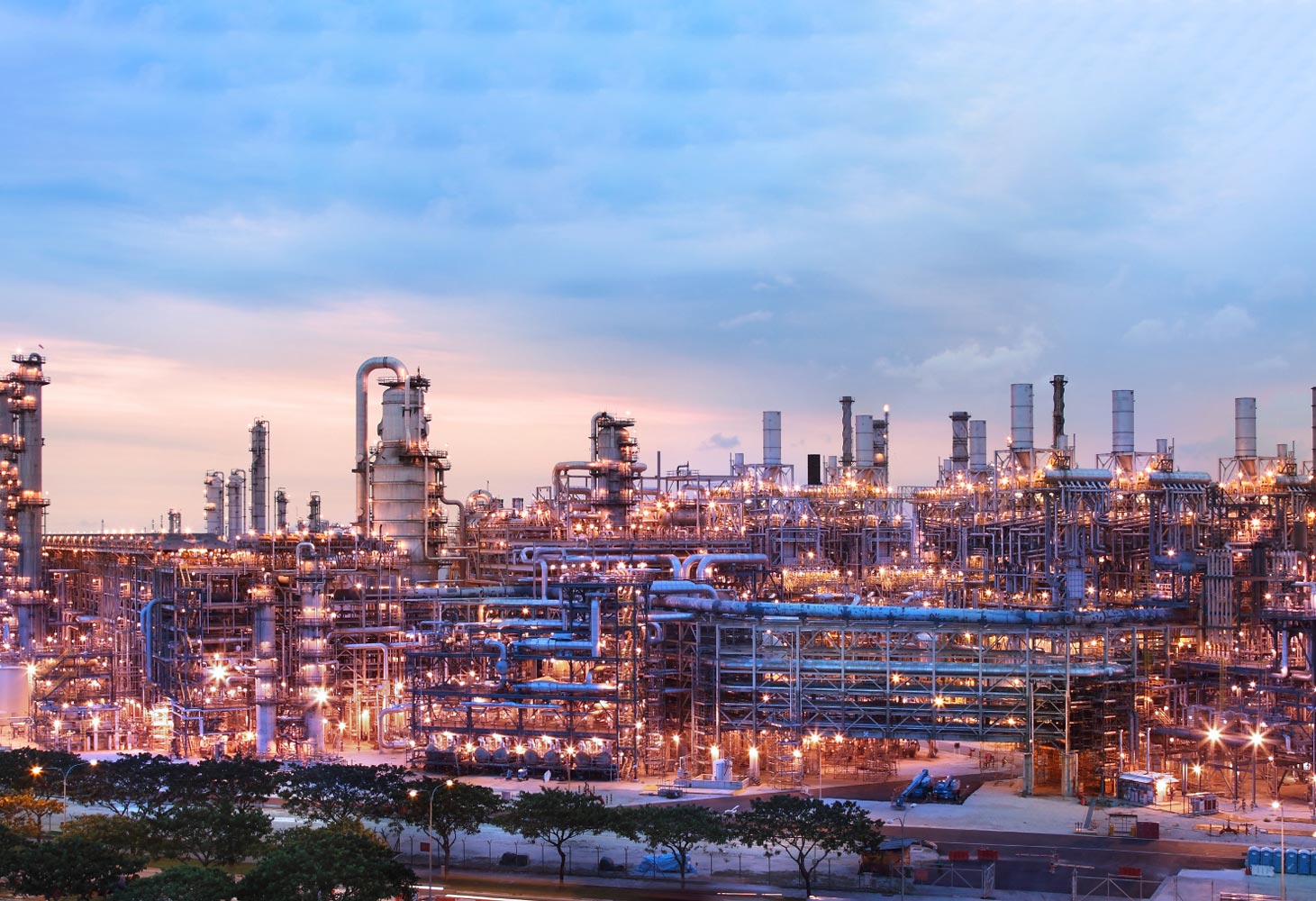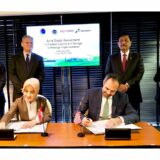
ExxonMobil to reduce workforce by 7% in Singapore
ExxonMobil announced yesterday that it will reduce its workforce in Singapore by 300 or 7% by the end of 2021. Currently, ExxonMobil has a headcount of more than 4,000 employees in Singapore. The company said last October that it would slash its global workforce by 15% by the end of 2022.
ExxonMobil said that “unprecedented market conditions resulting from the Covid-19 pandemic” has accelerated its ongoing reorganization and work-process changes.
The announcement follows ExxonMobil’s decision to shutter its Altona refinery in Australia and convert it to an import terminal.
ExxonMobil’s manufacturing complex in Singapore, which includes Mobil’s legacy refinery in Jurong, has the capacity to refine about 592,000 barrels per day of crude oil.
“This is a difficult but necessary step to improve our company’s competitiveness and strengthen the foundation of our business for future success,” said Geraldine Chin, chairman and managing director, ExxonMobil Asia Pacific Pte. Ltd. “We are providing transitional support to our colleagues who are impacted and are focused on getting through this challenging time.”
Singapore continues to be a strategic location for ExxonMobil, the company said, with a world-scale manufacturing complex. Last year, the company announced that it remained committed to a multi-billion dollar expansion at the Singapore complex amid an ongoing review of its projects globally. In March 2020 ExxonMobil held a virtual foundation-laying ceremony for its multibillion-dollar expansion of its Jurong Island refining and petrochemical complex. That investment, which will enable it to increase its production capacity for higher-value products, including Group II base oils, and cleaner fuels, was expected to create 135 new jobs.
ExxonMobil Singapore’s announcement follows Royal Dutch Shell’s decision last November to cut 500 staff, from its current headcount of 1,300 in Pulau Bukom, by the end of 2023. Shell plans to halve its crude oil processing capacity in Singapore as part of a global strategy to reduce carbon emissions.












